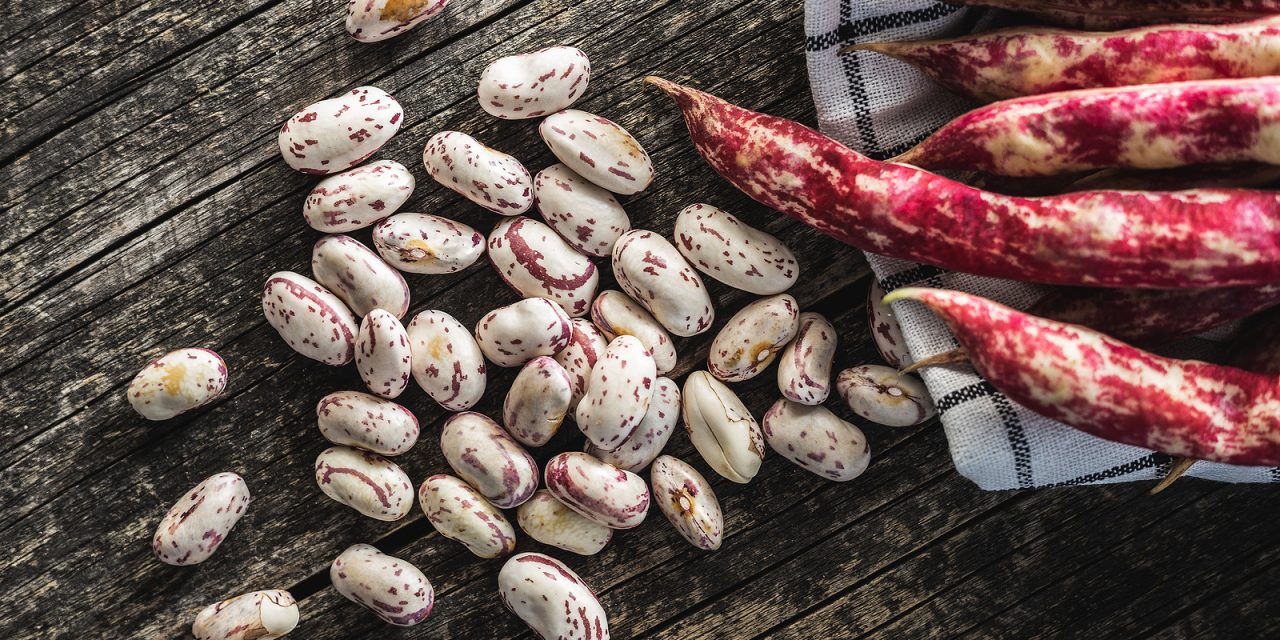Something I learned while working for the Oklahoma Department of Agriculture, Food and Forestry is that food availability and security has always been and will always be a concern. It doesn’t take much for one to look around and realize that something is currently happening to our food supply chain.
Over the past several months, numerous large food manufacturers have been destroyed. Fuel prices and the scarce availability of fertilizer, and other needed supplies, are greatly affecting how much farmers can afford to produce. What once was farmland is now being purchased and used for other ventures.
Food costs at the local supermarkets are increasing with no relief in sight. Is now a time to panic? No, but it is a time to plan. You might be thinking, “I would love to grow my own food, but I can’t live on just tomatoes and cucumbers.” I understand. It’s a lot to think about, but doing something is better than doing nothing.
To offset your food costs or prepare for a shortage, here are a few things to consider:
- Prayer—Ask God to help you make wise decisions.
- Bulk Buying—Buying in larger quantities is a great way to save money and put some back for later.
- Couponing—Use coupons, sales and other money-saving techniques to reduce your bottom line at the checkout.
- Farmers Markets—Buy “seconds” or “less-than-perfects” from local farms and farmers and use them to make jams, jellies, relishes, freezer casseroles and other home preserved foods.
- Fruit for Free—Look for fruit trees, grapevines or other berries that might be free-for-the-picking. Oftentimes a vacant home or lot will have fruit-producing plants that no one is tending to. With permission, see if you can have the fruit.
- Wild-crafting—Forage for edible plants, herbs and mushrooms that are in chemical-free pastures and lands.
- Gardening—Determine to grow what you can to help your budget and improve your diversity and availability.
Since we want more than just tomatoes and cucumbers as well, one of our favorite and more substantial foods to grow is beans. Beans are very versatile and can be eaten fresh, canned, frozen or dried. They are a great source of protein, are rich in soluble and insoluble fiber and are very filling. They can be prepared a number of ways and are a staple in Tex-Mex cuisine, which is a favorite of most Oklahomans.
Beans can be grown in large or small areas since there are both bush and pole varieties to choose from. They are one of the most helpful plants for your garden because of their ability to fix nitrogen in the soil. They literally improve the soil as they grow!
Beans can be planted in central Oklahoma as soon as the last frost is over in the spring and up until late July or early August. If you plant later than that, they may not have a chance to fully develop before the first frost of winter.
If you source your bean seeds from heirloom suppliers such as Seed Savers Exchange (seedsavers.org) or Bakers Creek (rareseeds.com), you can read amazing stories of how people have gone to great lengths to save certain varieties. It’s very inspirational!
There are so many to choose from that you will probably have a difficult time narrowing down which ones you want to try. One of my favorite things about growing beans is that you get a big ROI (return on investment). For each bean seed that you plant, you can grow a plant that will produce many pods each containing two to seven or eight (or more) beans. It doesn’t take long before you are filling your pantry with delicious, nutritious food.
When I’m in the bean patch, I can’t help but think of the “Parable of the Talents” that Jesus talked about in Matt. 25:14-30. Just as the master who was leaving entrusted his property to his servants and expected to return and see how they had managed and multiplied it.
We, too, have been entrusted to manage and increase what God has given to us. We are to be good stewards and use every ounce of energy that we have to multiply and magnify the mighty name of Jesus. Beans and blessings—both are a great ROI!
“For to everyone who has, more shall be given and he will have an abundance; but from the one who does not have, even what he does have shall be taken away” (Matt. 25:29).





